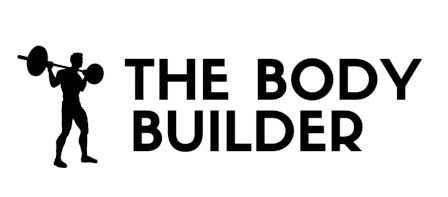Alternating incline dumbbell biceps curl
Benefits Of This Exercise
- Alternating incline dumbbell biceps curl is a great way to increase the size and strength of the biceps while also helping to isolate them and keep the shoulder muscles out of the movement.
- The incline position helps to put the biceps in a good spot to get a full range of motion and help to maximize the muscle contraction.
- Positioning on the incline bench helps isolate the biceps and enforce strict form.
- The curl variation is usually done with moderate to high reps, such as 8-12 reps per arm or more, as part of a full upper-body or arm-focused routine.
- Provides greater time under tension than double curls, leading to added size and definition to the biceps.
- A great burnout movement on arm day.
Step by Step Instructions For Alternating incline dumbbell biceps curl
- Sit back on an incline bench with a dumbbell in each hand held at arms length. Keep your elbows close to your torso and rotate the palms of your hands until they are facing forward. This will be your starting position.
- While holding the upper arm stationary, curl the weights forward while contracting the biceps as you breathe out. Only the forearms should move. Continue the movement until your biceps are fully contracted and the dumbbells are at shoulder level. Hold the contracted position for a second.
- Slowly begin to bring the dumbbells back to starting position as your breathe in.
- Repeat for the recommended amount of repetitions.
Warm Up Tips
- Start by sitting back on an incline bench with a dumbbell in each hand held at arms length. Keep your elbows close to your torso and rotate the palms of your hands until they are facing forward. This will be your starting position.
- While holding the upper arm stationary, curl the weights forward while contracting the biceps as you breathe out. Only the forearms should move. Continue the movement until your biceps are fully contracted and the dumbbells are at shoulder level. Hold the contracted position for a second.
- Slowly begin to bring the dumbbells back to the starting position as you breathe in.
- Repeat for the recommended amount of repetitions.
The alternating incline dumbbell biceps curl is a great exercise to target the biceps muscles. It is performed on an incline bench while facing up, which creates a vertical angle with the arms. This position helps to ensure that the biceps are isolated and the shoulder muscles are kept out of the equation.
If you are new to this exercise or haven't done it in a while, here are some warm-up tips to help you prepare:
- Start with a light weight or no weight at all to warm up the biceps muscles and get them ready for the exercise.
- Perform a few sets of regular biceps curls with a lighter weight to gradually increase the
Alternating incline dumbbell biceps curl Safety Tips
- Use proper form: Sit back on the incline bench and make sure your back is fully supported. Keep your elbows close to your torso and rotate the palms of your hands until they are facing forward. This will help to ensure that you are targeting the biceps muscles correctly and avoiding unnecessary strain on other muscles.
- Start with a suitable weight: Choose dumbbells that are appropriate for your strength level. It is better to start with a lighter weight and gradually increase as you become more comfortable and confident with the exercise. This will help to prevent injury and ensure proper form.
- Control the movement: Focus on controlling the movement throughout the exercise. Avoid using momentum to swing the weights up and down. This can put strain on your joints and reduce the effectiveness of the exercise. Instead, use a slow and controlled motion to fully engage the biceps muscles.
- Breathe properly: Remember to breathe throughout the exercise. Exhale as you curl the weights forward and contract the biceps, and inhale as you lower the weights back to the starting position. Proper breathing technique can help to improve your performance and prevent dizziness or lightheadedness.
- Listen to your body: Pay attention to any discomfort or pain during the exercise. If you experience any sharp or intense pain, stop immediately and consult a healthcare professional. It is important to listen to your body and not push through any pain or discomfort,

